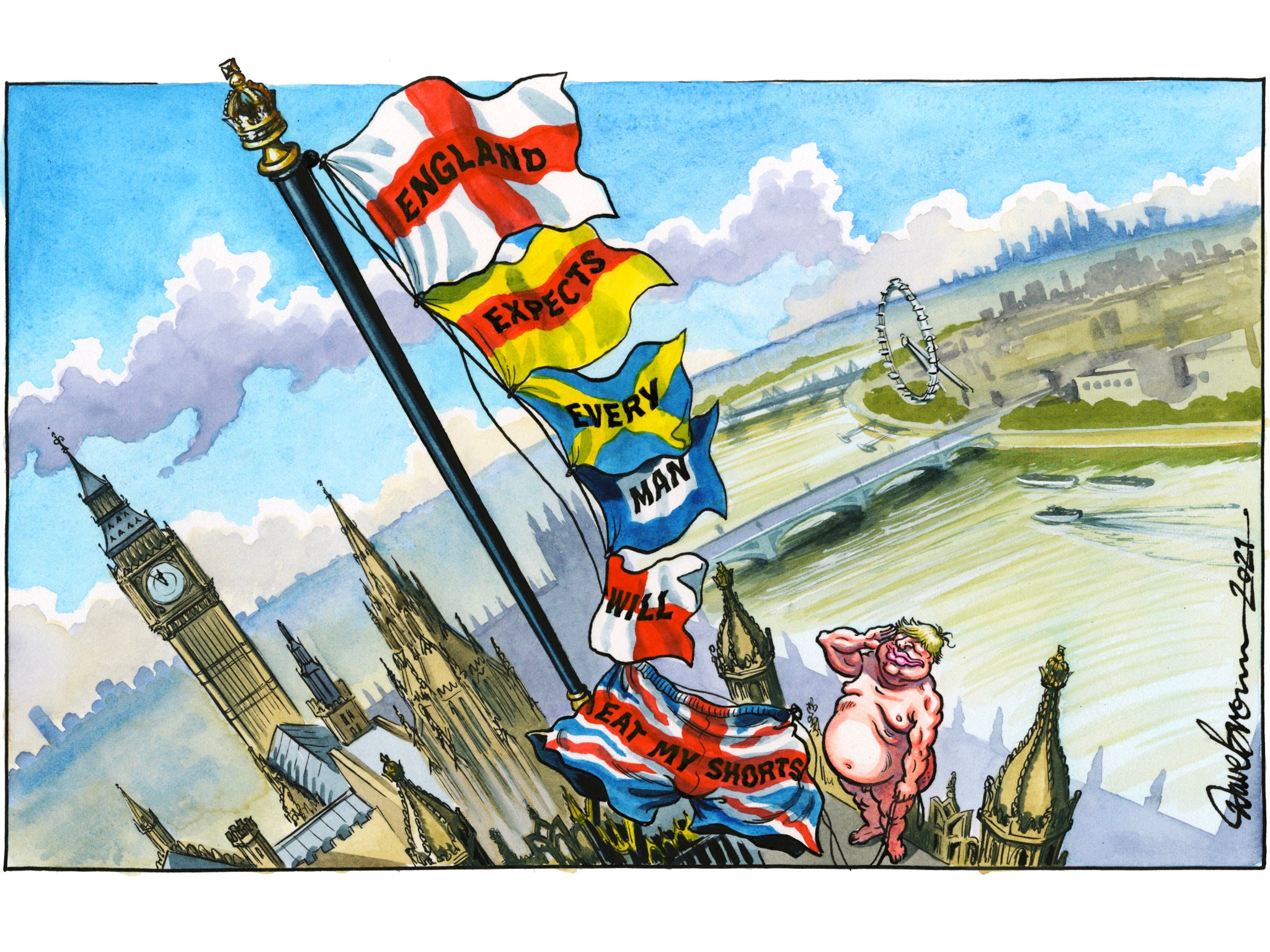Reality is dawning on the EU: export bans are counterproductive, and in the case of Covid vaccines, fatally so
Editorial: The British will probably end up helping the Europeans push their appallingly low vaccination rates up, if only out of enlightened self-interest

Trying to approach the great EU vaccine problem as dispassionately as possible, a few things seem clear. Such facts of pandemic life seem also to have informed discussions at the EU summit, which turns out not to have been the council of war that had been feared.
First, there was, and is, no logical reason why the Anglo-Swedish AstraZeneca company would have a vested interest in providing vaccines to the UK rather than the EU, all other factors being equal. There has been no suggestion of conspiracy or wrongdoing. The EU has asked for transparency and for AstraZeneca to live up to its promises. Why it has not done so has never been revealed, or even leaked by the various parties involved.
So why did the British, for a change, get lucky? The obvious solution to this conundrum is that the British either got their order in first, or that they funded the AZ research more fully or earlier, or that their contract was more strictly drafted than the EU version, or some permutation of these various factors. If the EU has a problem with its vaccines then the problem lies with AstraZeneca, not the UK, and it needs to be settled legally.
It is not ideal, to say the least, to simply order AstraZeneca to switch production and ban exports to the UK. That is contrary to the trade deal the UK has concluded with the EU (though the British attitude to international commitments has also been unreliable of late) and forces AZ to renege on its obligations to the UK.
The EU may be right in saying that their need is greater than the UK’s, or that the UK hasn’t been as generous as it ought to be, or that the UK drops bits of the Brexit agreement it no longer likes at will – but those are other separate questions.
Second, the EU’s problem is with the demand for the vaccines as well as the supply of them. Some EU states, notably France, suffer more than the UK from “vaccine hesitancy”, perhaps for cultural or historical reasons. This has hardly been ameliorated by President Macron, for example, thoughtlessly suggesting the AstraZeneca jab was only “quasi-effective”, whatever that means, on older recipients.
It is only a matter of days since the public health authorities in successive EU member states ordered a “pause” on administering the Oxford-AstraZeneca vaccine, for fear of blood clots. As a result, there is anecdotal evidence of European citizens refusing to take it and demanding the Pfizer version. They are free to do so – but the question must be asked: do the Europeans want the AstraZeneca vaccine, or do they not? If not, why ban exports?
Read more:
At the moment, it seems the EU and many of its member states do, after all, want to use the Oxford vaccination, but the residual mistrust of the Oxford jab, and vaccination more generally, remains – and damagingly so. In such circumstances, the take-up rate in the EU may well stay too low to avoid the third wave growing and a longer lockdown, whatever the supply of vaccine turns out to be.
Third, vaccines are a typical product of modern European manufacturing techniques, meaning their provision depends vitally on cross-border supply chains. If the EU bans exports of vaccines and precursors to the UK, and the UK retaliates in kind, then no one at all is going to get a jab, with all the human misery that implies. A world where every country or bloc puts its all citizens first is one where all citizens will lose out. As the saying goes, no one is safe until all are safe.
The signs are that reality is dawning on the participants, and a compromise will prevail. Export bans are generally foolishly counterproductive, and in the case of Covid vaccines, fatally so. As so often in UK-EU diplomacy, a plentiful supply of constructive ambiguity and self-contradictory verbiage can be applied to a seemingly intractable problem. Behind it, the British will probably end up helping the Europeans push their appallingly low vaccination rates up, if only out of enlightened self-interest: a third wave of Covid on the other side of the English Channel is not going to stay there.
In return, the EU will quit threatening the British with such a long delay to supply that the near 30 million Britons due their second booster dose in the coming weeks will be able to complete the inoculation. The political fever should subside. Meantime, the EU Commission needs to ask Michel Barnier for some urgent advice on negotiating contracts with big pharmaceutical companies.
Join our commenting forum
Join thought-provoking conversations, follow other Independent readers and see their replies
Comments